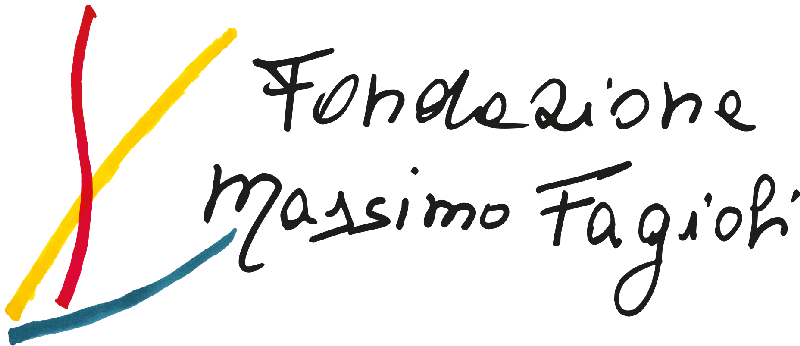With Istinto di morte e conoscenza [Death instinct and knowledge], and what has become known as Human Birth Theory, Massimo Fagioli revolutionizes the concept of desire, which has always been considered to be unbridled and, often, destructive passion. He refused Freudian concept of desire, meant as something following the way of the return of the repressed that, despite what is symbolic, manifests itself in dreams or other. Based on this, desire would always be transgressive, against civil ethics and the law, emerging from what is forbidden.
On the contrary, based on Fagioli’s conceptualization, ‘[…] Desire is meant as libidinal possibilities for the newborn to tend towards the object. The mnemic trace of the qualities of the object (amniotic fluid and intrauterine environment). This conceptualization highlights how there is, at birth, the realization of a pulsion (sexual investment) and an attraction towards (desire) rather than images or objects or, even less, ideas projected onto the breast. The mnemic trace of the previous object is not the result of the introjection of an image, in fact, the fetus is physically blind. Rather, it is the result of an internal creation of the newborn that cannot be projected outwards to make ‘an idea of the breast’ […]’. 1
Reference:
Death instinct and knowledge, p. 75. I English edition, April 2019. L’Asino d’oro edizioni
